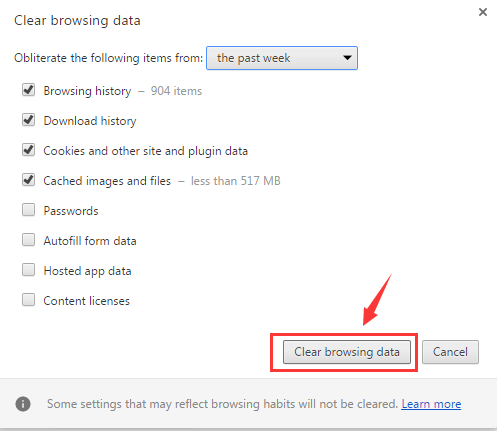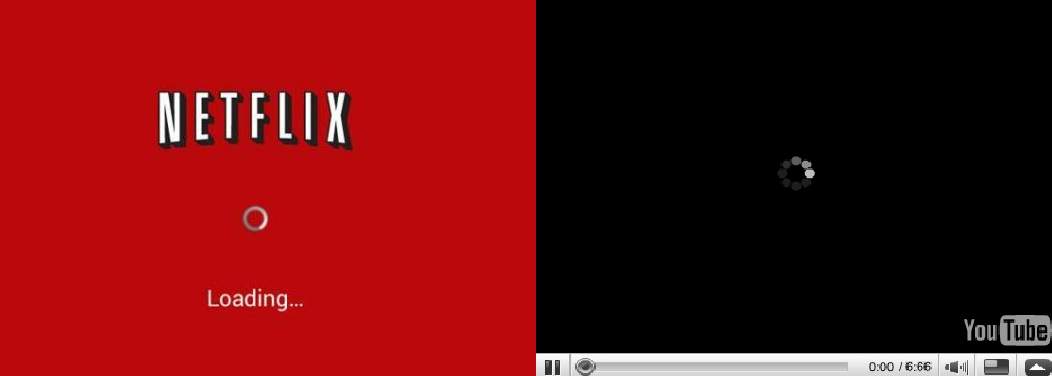
If you’re on Windows 10 and you find yourself unable to watch or videos on Netflix or YouTube, or that the sound goes ahead whilst the video lags behind, you’re not alone. Many Windows users are reporting that they are having problems with their video streaming as well. But no worries, it’s possible to fix.
Here are 4 solutions for you to fix. You may not have to try them all; just work your way down until you find the one works for you.
1: Upgrade Video Players
2: Disable Hardware Acceleration
3: Update Graphics Driver
4: Clean Browser Cache
1: Upgrade Video Players
Upgrade your Adobe Flash Player, Quick Time player, DivX Web Player, Microsoft Silverlight etc, if you have them installed on your PC.
Buggy or faulty installed online video streaming products such as these can be the cause of your video streaming problems. So if you haven’t upgrade your video streaming products to the latest version, do it now.
Make sure that you have the installed the correct version for your operating system.
2: Disable Hardware Acceleration
In some cases, disabling hardware acceleration and restart your browser later helps to fix such a problem.
1) Right-click the Flash video that you are watching, and click Settings.
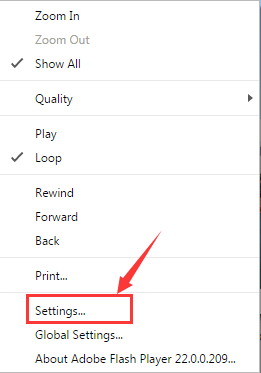
2) Make sure the box for Enable hardware acceleration is unchecked. Click Close to see if the problem is gone.
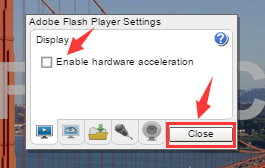
3: Update Graphics Driver
It’s important that your graphics card driver is up-to-date especially when it comes to video streaming issues.
To do so, you can go to Device Manager or Windows Update and get the latest graphics card driver from Microsoft. The whole process could take some time if you’re not particularly familiar with driver update and install.
If you don’t have the time, patience or computer skills to update your drivers manually, you can do it automatically with Driver Easy.
Driver Easy will automatically recognize your system and find the correct drivers for it. You don’t need to know exactly what system your computer is running, you don’t need to risk downloading and installing the wrong driver, and you don’t need to worry about making a mistake when installing.
You can update your drivers automatically with either the FREE or the Pro version of Driver Easy. But with the Pro version it takes just 2 clicks (and you get full support and a 30-day money back guarantee):
1) Download and install Driver Easy.
2) Run Driver Easy and click the Scan Now button. Driver Easy will then scan your computer and detect any problem drivers.
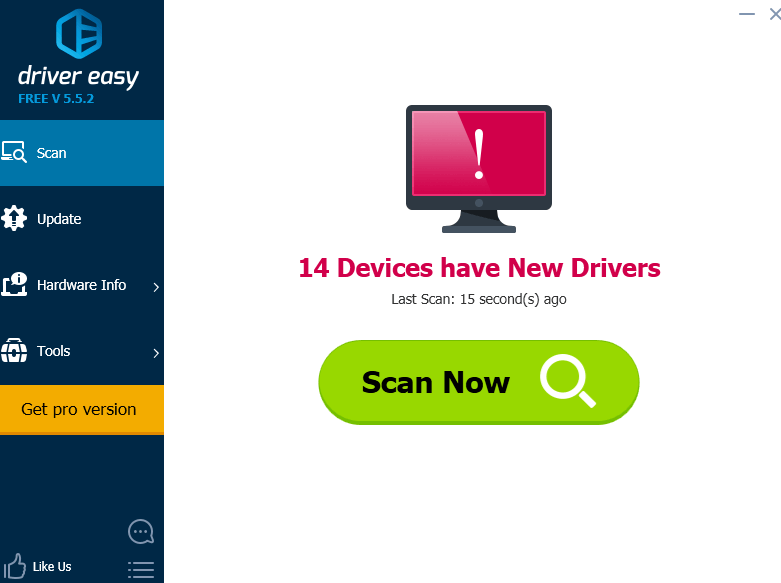
3) Click the Update button next to a flagged graphics card device to automatically download and install the correct version of this driver (you can do this with the FREE version).
Or click Update All to automatically download and install the correct version of all the drivers that are missing or out of date on your system (this requires the Pro version – you’ll be prompted to upgrade when you click Update All).
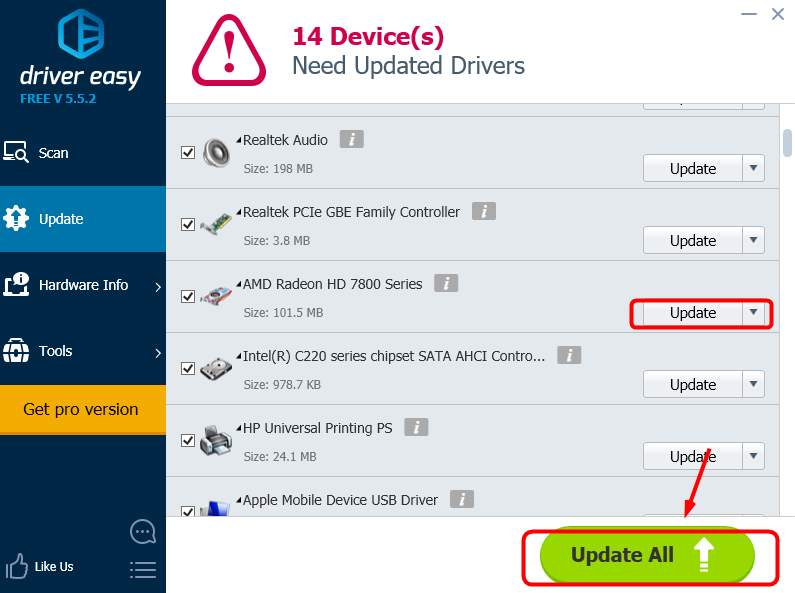
4: Clean Browser Cache
Browser cache files, cookies and temp files can in some case mess up with the proper working of a browser. In this case, you should clean up unwanted files:
Chrome
1) In the browser bar, enter chrome://settings/cleaseBrowserData and press Enter.
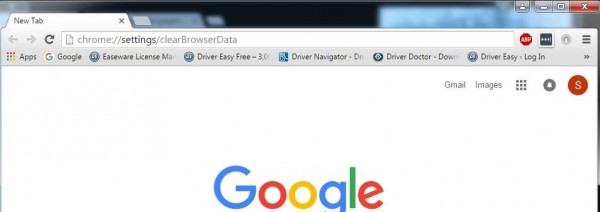
- Browsing history
- Download history
- Cookies and other site and plug-in data
- Cached images and files
Then click Clear browsing data.
